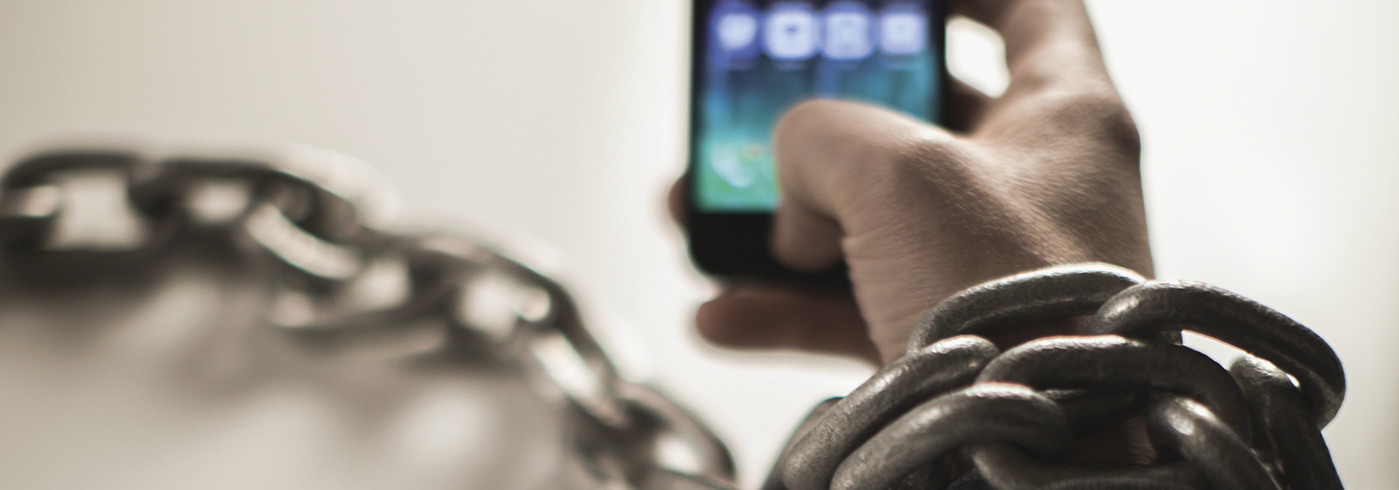The Tech-Wise Pastor
Don’t let your smartphone become a needless distraction
My smartphone is an indispensable tool. Personally, it wakes me in the morning, tracks my diet and exercise habits, and entertains me when I’m bored. Professionally, it facilitates constant contact with others, maintains my daily calendar, helps me get things done when I’m out of the office, and makes it easy to promote my ministry through social media.
Unfortunately, my smartphone is also a needless distraction. I check it constantly for fear of missing out on something important. I worry inordinately about how many likes, comments, or shares my social media posts have generated. And as I look at others’ social media, I become jealous of their seemingly perfect lives and ministries.
If we’re going to be tech-wise pastors in the Age of Information, we need to learn how to use this indispensable tool — not to mention a tablet or a laptop — without becoming needlessly distracted by it. Toward that end, I offer the following advice:
First, the pastoral is the personal. As Jesus put it in John 10:3, “[The shepherd] calls his own sheep by name and leads them out.” Technology and social media should serve personal relationships, not substitute for them. They should help us move individuals from isolation to relationship. So, if you find yourself spending more time on Facebook than face-to-face, your smartphone has become a distraction.
Technology and social media should serve personal relationships, not substitute for them.
Second, authenticity is essential. Life is hard. It makes us sad or mad as often as it makes us glad. And yet, as Donna Freitas points out in a recent book about college students and social media: “Because young people feel so pressured to post happy things on social media, most of what everyone sees on social media from their peers are happy things; as a result, they often feel inferior because they aren’t actually happy all the time.” She calls this dynamic “the happiness effect.”
Compare that to the apostle Paul, who wrote, “I delight in weaknesses, in insults, in hardships, in persecutions, in difficulties. For when I am weak, then I am strong” (2 Corinthians 12:10). Technology and social media should help us and those we lead become Christlike in all circumstances, good or bad. Our use of them should not promote feelings of inferiority or fear of missing out (FOMO) or jealousy in us or in others.
Third, change is hard. Andy Crouch points out that a primary characteristic of technology is that it’s “easy everywhere.” Have a problem? There’s an app for that, and it’s inexpensive and easy to use. Discipleship is not technology, however. It’s costly and difficult. Jesus said, “Whoever wants to be my disciple must deny themselves and take up their cross daily and follow me” (Luke 9:23). There’s no app for cross-bearing.
None of this advice requires you or me to give up our smartphones and social media entirely, although dialing back your use of them is probably a good idea. Rather, the point of this advice is to help you make up your own mind about them so that these tools don’t become a distraction in your life or ministry.
Influence Magazine & The Healthy Church Network
© 2025 Assemblies of God

